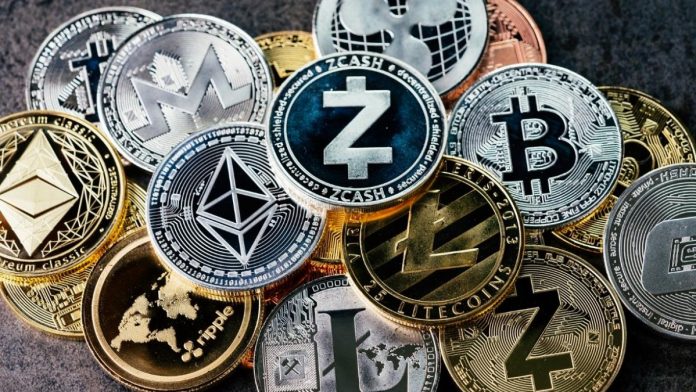When it comes to cryptocurrencies, NFTs and DeFi, gas fees is an often talked about topic. Paying gas fee is a major step in the process of minting NFTs and also a significant factor in DeFi.But what is it and how is it a significant cost driver in transactions on the blockchain, find out here.
What is Gas fees?
Gas fees is the transaction fees paid to miners on a blockchain network in order to get a user’s transaction to be included in the block. Interestingly, gas fees is not of fixed value but it keeps fluctuating with time due to various reasons.
How are gas fees determined?
The system operates on a basic supply and demand model. If there is a higher demand for transactions on the blockchain, miners can opt to include transactions that pay more instead of those that pay less. Because of this, users tend to pay more in order to get their transactions to be included first, fast, and effectively
Where can you check Ethereum gas fee rates?
Wallets such as MetaMask allow users to engage directly with the Ethereum network, selecting the amount of gas to pay. Users can also track gas prices on numerous websites like ethgastation.info or ethereumprice.org.
Why is gas fee so high on Ethereum?
Gas fees can be high on Ethereum because it is one of the most used blockchain networks. As per Coin Market Cap, “There is so much movement on the Ethereum chain that the blocks are full and transaction fees shoot up with each rise in demand.”
Also, an increase in the value of the Ether token also results in a rise in Ethereum gas prices for the entire network.
Alternatives to Ethereum
An array of protocols, including Binance Smart Chain, Avalanche, Solana, and Cardano, are challenging Ethereum’s dominance as a base layer (Layer 1) for Web 3.0 projects. Many of these projects are notable for offering lower gas fees and, in some cases, a larger throughput, or volume of transactions per second (TPS).
Why is gas fees low on other platforms?
These other blockchains’ cheaper gas fees come with their own set of concerns. Gas prices are often lower due to lower traffic volumes in those blockchains and a significantly fewer number of DApps operating on them, at least when compared to Ethereum.
Also Read: Crypto markets in green for second day in a row; Bitcoin, Ethereum up – BusinessToday
Also Read: RBI to take graded approach on CBDC, in line with monetary policy, financial stability – BusinessToday
Credit: Source link






















 Bitcoin
Bitcoin  Ethereum
Ethereum  Tether
Tether  Solana
Solana  USDC
USDC  Lido Staked Ether
Lido Staked Ether  XRP
XRP  Dogecoin
Dogecoin  Toncoin
Toncoin  Cardano
Cardano  Shiba Inu
Shiba Inu  Avalanche
Avalanche  TRON
TRON  Wrapped Bitcoin
Wrapped Bitcoin  Bitcoin Cash
Bitcoin Cash  Polkadot
Polkadot  Chainlink
Chainlink  NEAR Protocol
NEAR Protocol  Polygon
Polygon  Internet Computer
Internet Computer  Litecoin
Litecoin  Uniswap
Uniswap  LEO Token
LEO Token  Dai
Dai  First Digital USD
First Digital USD  Hedera
Hedera  Stacks
Stacks  Ethereum Classic
Ethereum Classic  Aptos
Aptos  Mantle
Mantle  Cronos
Cronos  Pepe
Pepe  Stellar
Stellar  Render
Render  Cosmos Hub
Cosmos Hub  Filecoin
Filecoin  OKB
OKB  Renzo Restaked ETH
Renzo Restaked ETH  Bittensor
Bittensor  Immutable
Immutable  dogwifhat
dogwifhat  XT.com
XT.com  Arbitrum
Arbitrum  Maker
Maker  The Graph
The Graph  Optimism
Optimism  Wrapped eETH
Wrapped eETH 
